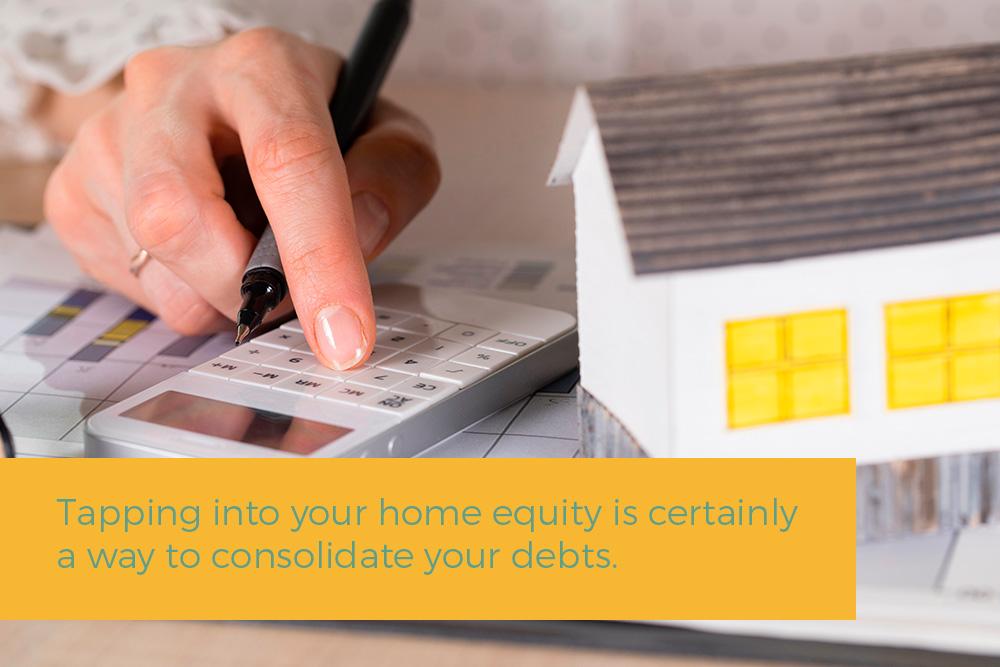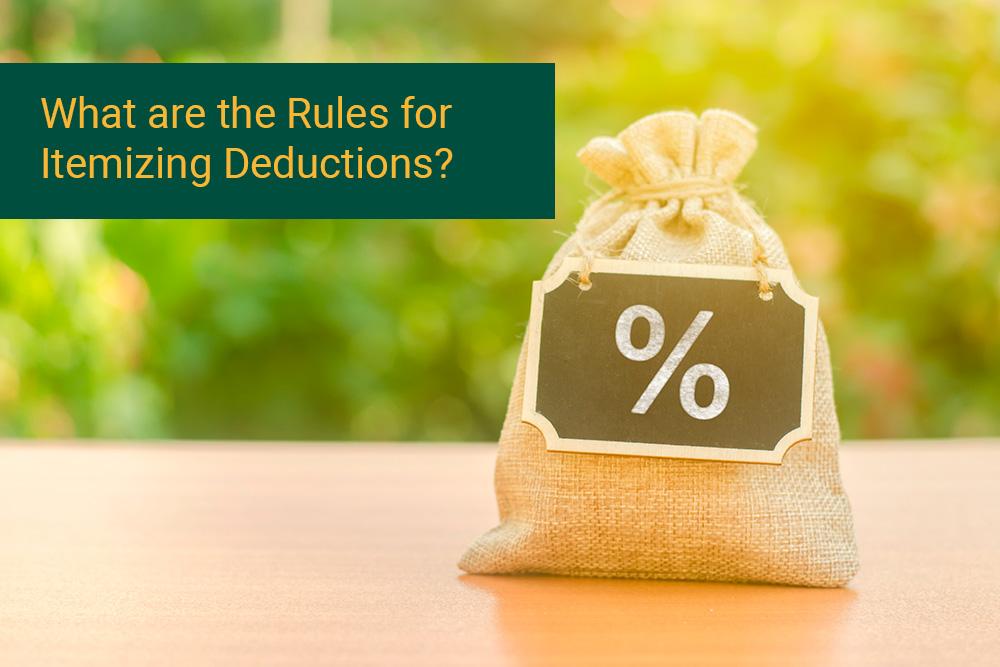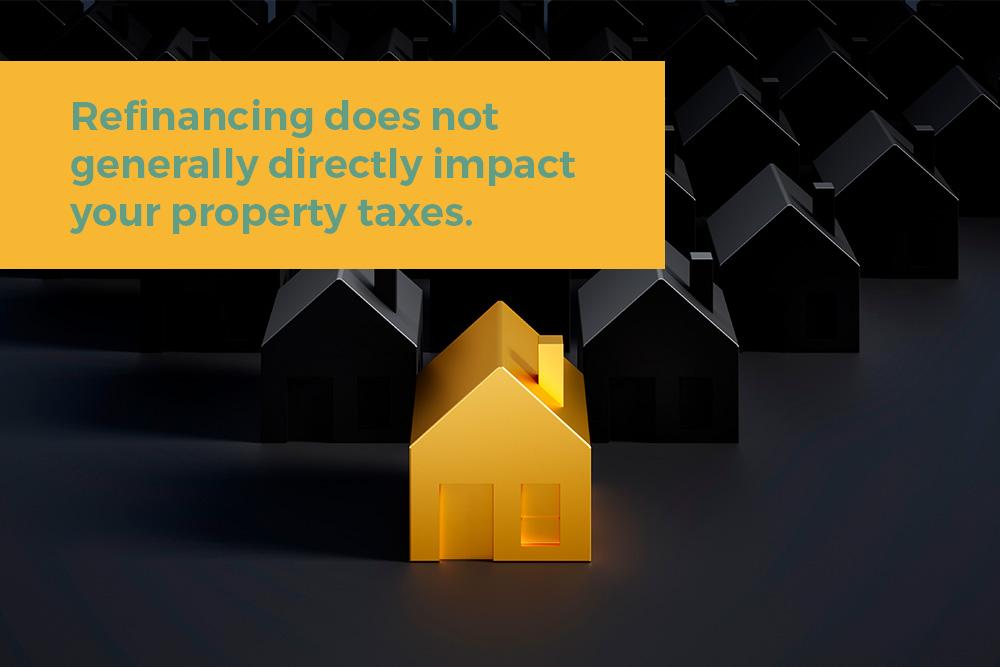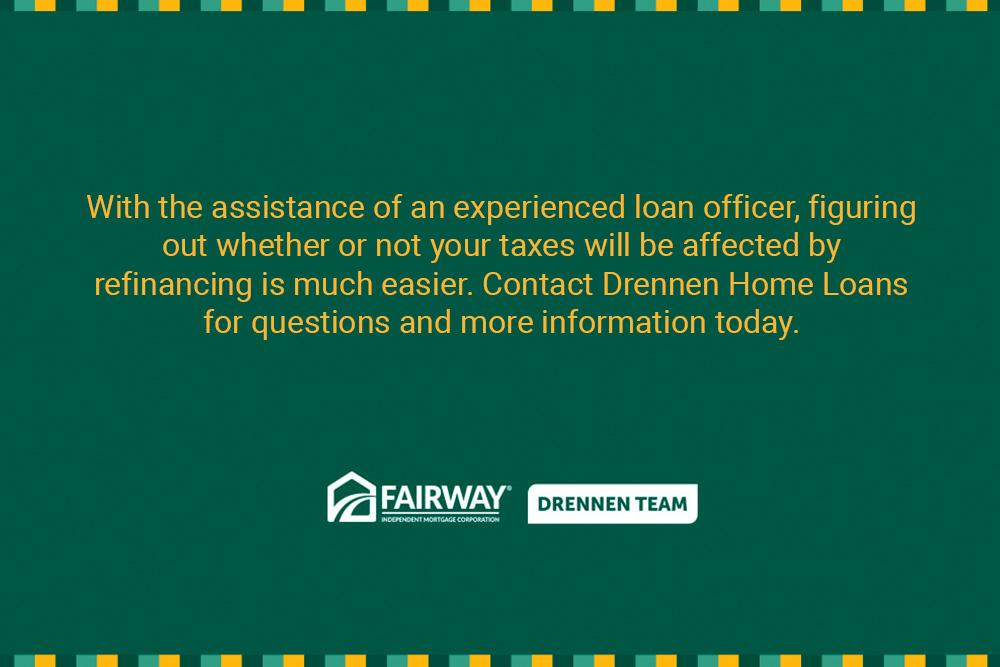Using Home Equity to Consolidate Debt in Las Vegas

Using Home Equity to Consolidate Debt
If you have racked up debts on your credit card and you’re looking to consolidate them, you might consider using home equity to do so. Tapping into your home equity is certainly a way to consolidate your debts, and the fact that they have lower interest rates than most credit cards has quite a bit of appeal. However, there are also considerations you’ll want to think about when deciding if using home equity to consolidate debt is a wise choice.

Home Equity Loan to Consolidate Debt
How Refinancing Impacts Your Taxes
Refinancing a home may or may not have an impact on your taxes. The refinance you use and how you file your taxes determine whether or not refinancing affects your taxes. Usually, your taxes are only impacted by a mortgage in Las Vegas if you itemize your deductions. However, the impact that refinancing has on taxes is a situation that varies from one case to the next, so you’ll want to consult a loan officer for assistance with your case.
Mortgage Tax Deductions
When it comes to paying taxes, refinance loans are considered the same as other kinds of home loans in Las Vegas. You can sometimes deduct certain expenses, such as mortgage interest payments, which is only possible if you first itemize your deductions. Taking a standard deduction, which is the most common approach, means that your taxes will not be affected by a mortgage refinance.
Crunching the Numbers
A variety of factors impact the number of individuals who itemize their deductions. In 2017, for instance, 31% of taxpayers in the US itemized their deductions. But a year later, even fewer taxpayers itemized their deductions. Due to a change in tax laws, only about 15% of taxpayers itemized deductions in 2018. Even if the option is available, very few taxpayers end up having their taxes affected by refinancing. However, understanding tax rules are essential for reducing the tax burdens you face if you decide to refinance your home. Understanding the tax laws also helps you minimize the tax burdens after you decide to refinance a home. It also helps you understand what deductions you can claim after refinancing your federal taxes and how long you can claim the deduction.
Refinance Tax Deductions
The term “refinance tax deduction” is essential for people trying to reduce their tax burden. A deduction is an expense that you can claim to reduce the amount of taxes that you have to pay. The deduction that you take minimizes the amount of money that you need to pay taxes on. For instance, if you earn $60,000 per year before taxes but you have $10,000 worth of deductions, you pay taxes on $50,000 of your income. Any refinance tax deductions that you take are deductions that are available only after refinancing your mortgage loan. (Learn how you can refinance your home loan in Las Vegas here.)
Cash-Out Refinancing
If you get a cash-out refinance, you don’t have to pay taxes on the amount of money you borrowed because the Internal Revenue Service (IRS) considers the cash from a cash-out refinance to be a loan instead of income that can be taxed. Therefore, you won’t be charged income tax on the cash borrowed. The concept is similar to buying a car or taking out other loans, which are not considered a form of income.
What are the Rules for Itemizing Deductions?

Itemizing deductions comes with several rules, including:
- Mortgage interest deductions
- Discount point deductions
- Home office deductions
- Rental properties
Prior to the passage of the Tax Cuts and Jobs Act of 2017, people were usually permitted to deduct all the interest they paid on their mortgages. However, most mortgage-related deductions were handled differently after the law was passed. Only specific improvements are eligible now for a mortgage interest deduction, including improvements such as additions or renovations that increase your home’s value. Making your home more energy-efficient, replacing the roof, or installing a new HVAC system are other improvements that qualify for a deduction. However, some home improvements are not considered eligible for the deduction, such as routine maintenance and repairs. For example, although installing a new HVAC system is considered a move that adds value to your home, replacing a broken HVAC system does not qualify.
Discount Points
Discount points may qualify for a deduction. The term “discount points” refers to the extra money people spend on closing costs to get a lower mortgage rate. Purchasing discount points can be an excellent way to reduce rates on your mortgages in Las Vegas, but it also comes with some conditions. If you decide to deduct points, they must be deducted on a “pro-rata” basis, which means that they need to be deducted over the loan’s lifetime. Keep in mind that if you incorporate the cost of the discount points into the total balance of your loan instead of paying the discount point cost upfront, you won’t be able to separate the two deductions.
If you work from home or own your own business, you may also be able to claim certain deductions, including deductions on your mortgage rates in Las Vegas. Since the rules regarding deducting for a home office vary, you can visit the IRS’s website to find out all the details about your specific situation or ask a knowledgeable mortgage lender.
While you may deduct expenses for your primary home, the requirements are different for a rental or secondary property. Generally, the rules for deducting expenses are more lenient for rental homes rather than primary homes. You can typically deduct closing costs, insurance expenses, interest, home improvements, and other expenses with a rental property, including pay from income. Although there are many expenses you can deduct for your home, there are some that you can’t deduct from a rental property. One is closing costs and associated settlement fees because the IRS views the money you get from renting your rental property to be taxable income.
Rate-and-Term Refinance
There are different types of refinancing that you may encounter. One is called rate-and-term refinancing. This refinancing means you don’t get any cashback when you close on your home. As a result, your home refinance is unlikely to encounter tax implications. You don’t have the option of deducting closing costs with a rate-and-term refinance structure, but you can at least deduct your mortgage interest payments if you itemize your taxes since you won’t have borrowed any money. Making deductions with a rate-and-term refinance structure is similar to buying discount points in the sense that you will be able to deduct the costs each year throughout the loan’s lifetime.
Property Taxes
Many people wonder if refinancing will increase property taxes. The answer is that refinancing does not generally directly impact your property taxes. That holds even if refinancing gives you a higher appraisal, as the local tax authorities assess property taxes based on your home’s value. If the appraisal shows that the home’s value is worth more than the tax authority finds, you’re likely living in a place with escalating property taxes, which means that your property taxes will likely increase in the next few years.

As tax season gets underway, you may be wondering how refinancing impacts your tax payments. Ultimately, the effect of refinancing on your taxes comes down to personal circumstances. With the assistance of an experienced loan officer, figuring out whether or not your taxes will be affected by refinancing is much easier. Contact Drennen Home Loans for questions and more information today.









